In the hustle and bustle of daily life, reaching for a cup of coffee might seem like the quickest fix to fight off fatigue.
But did you know that there are healthier, more sustainable ways to boost your energy without leaning on caffeine? You can achieve a vibrant, buzzing energy through natural food sources, hydration, movement, mindfulness, and an energizing environment.
Feeling lively and alert doesn't have to depend on your next caffeine fix. Imagine greeting the day with a natural zest fueled by habits that align with your body's rhythm, not against it.
As you delve into this article, you'll discover how to craft a daily routine that nurtures your innate energy sources, helping you feel revitalized and ready to tackle your day with gusto.
Understanding Your Energy Slumps

The Science of Energy Dips
Are you frequently reaching for a cup of coffee every time you feel tired?
The secret to maintaining stable energy levels throughout the day might not be in your coffee cup but in synchronizing with your body's natural rhythms and fulfilling its actual energy needs.
Circadian Rhythm

Our bodies operate on a biological clock known as the circadian rhythm. According to research (1), this rhythm influences our energy levels significantly, dictating when we should be awake and alert and when we should wind down.
By aligning your daily routine with your circadian rhythm, you can experience a substantial energy boost and find it easier to maintain more energy throughout the day.
The key is to identify your body's peak energy times and capitalize on them, incorporating habits that foster natural energy rather than relying on caffeine.
Digestive Cycle
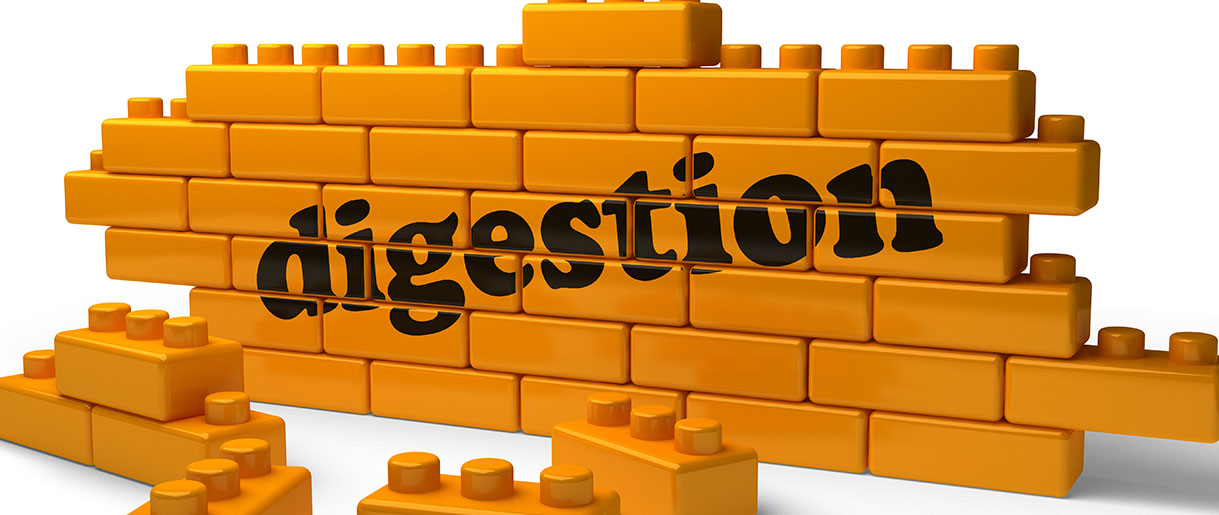
Equally significant is the role of your digestive cycle in determining your energy levels. Consuming the right foods at the right times can be a game-changer.
Incorporating leafy greens and other nourishing foods into your meals can significantly increase energy levels. These foods are packed with vital nutrients and minerals that cater to your body's energy needs, providing a steady fuel source that prevents energy dips.
The Side Effects of Caffeine

While drinking coffee or grabbing energy drinks might seem like an excellent method for a quick energy boost, regular high caffeine intake can lead to a series of unwelcome side effects.
This is why more people seek caffeine-free teas and drinks to improve their energy and well-being.
Let's delve deeper into understanding the repercussions of relying too heavily on caffeine for maintaining mental alertness and energy levels.
Sleep Disturbances

Research indicates that (2) sleep disturbances are among the first and foremost side effects of consuming too much caffeine.
You might have noticed that a late afternoon coffee can keep you tossing and turning at night, making it impossible to get enough sleep.
The energizing effects of caffeine can linger in your system for 6 to 8 hours, making it challenging to wind down and get a restful night's sleep, a vital aspect for rejuvenating your body and mind for the next day.
Research confirms that (3) regular caffeine intake can negatively impact sleep quality in healthy men.
Anxiety

Over time, frequent caffeine consumption can contribute to heightened anxiety levels—this fact is backed by science (4).
The rush that comes with caffeine can sometimes transform into the unsettling sensation of caffeine jitters, which are not conducive to a calm, focused state of mind.
Dependence
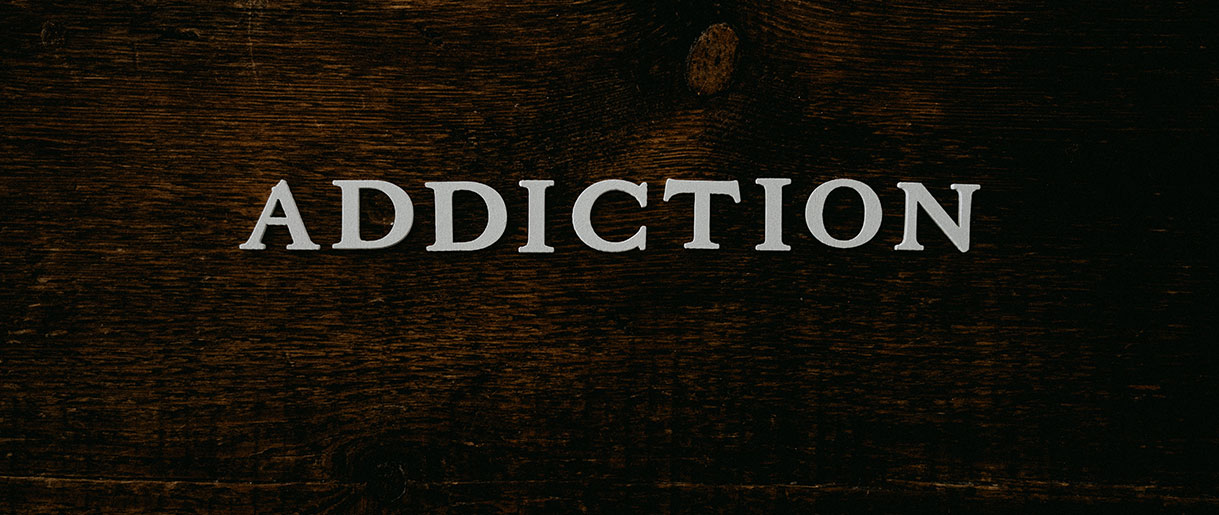
According to research (5), building a reliance on caffeinated products for your daily energy needs can lead to dependence.
This means that your natural ability to maintain energy levels dwindles as your body gets habituated to the regular caffeine spikes.
5 Caffeine-Free Ways to Boost Your Energy Levels
1. The Power of Eating Right
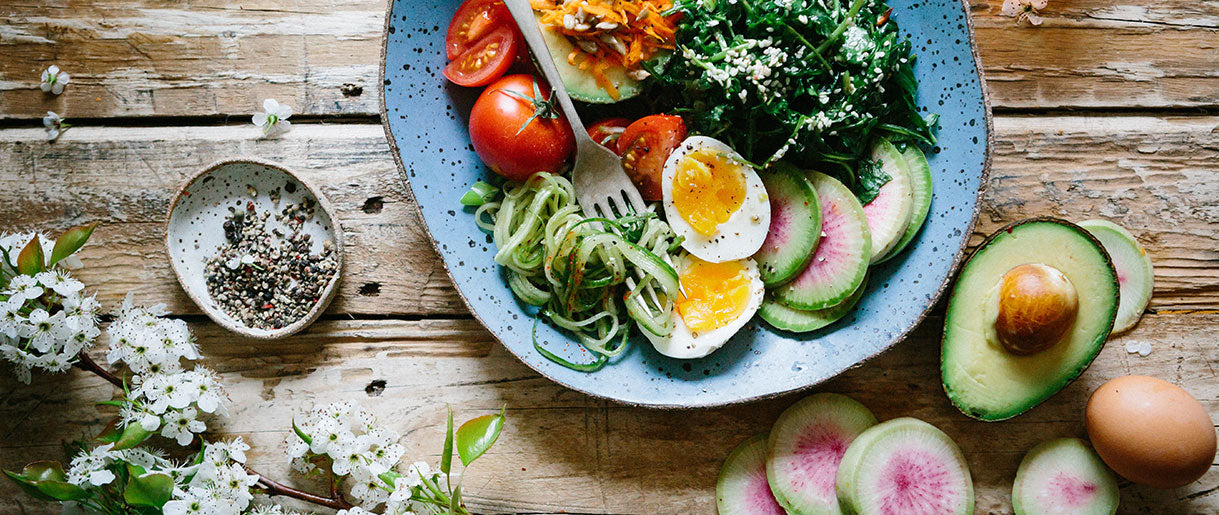
Nourishing Foods
Understanding how to get more energy without caffeine is pivotal in pursuing vitality.
From the wisdom of family medicine to the latest nutrition research, the emphasis has always been on a well-balanced diet.
Let's explore some nourishing foods that can be your ideal 'pick me up' when seeking a boost of natural vibrancy.
Complex Carbohydrates
In learning how to get instant energy without caffeine, embracing complex carbs (6) is your first stop.
Foods rich in complex carbs, like whole grains and legumes, provide a sustained energy release and help maintain stable blood sugar levels, preventing the energy dips that come with sugar crashes.
Keeping your blood sugar at normal levels is a well-acknowledged tip from family medicine, fostering more energy throughout the day.
Protein Sources
Don't underestimate the power of lean protein in your diet. Incorporating various protein sources in your daily meals can be vital in building and maintaining your energy reservoir.
From aiding in muscle repair to being a steady energy source, lean proteins can be a cornerstone in crafting a diet that keeps you buzzing with vitality.
Don't forget dark leafy greens when eating complex carbs and lean proteins. These fiber-rich foods provide the nutrients your body needs to maintain its energy.
Mindful Hydration
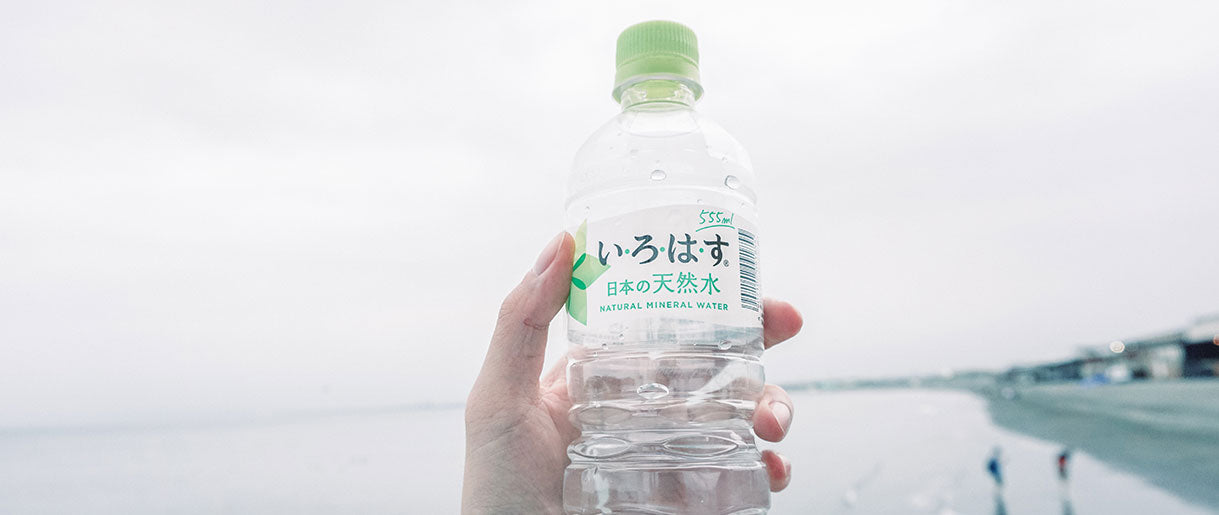
Hydration is often overlooked when it comes to strategies on how to get energy without caffeine. Maintaining optimal health is significantly influenced by your hydration habits.
Delve deeper with us as we explore the remarkable role of drinking water in energy production and how to spruce it up for an added boost of vitality.
The Role of Water in Energy Production
Water isn't just essential for overall health; it plays a vital role in keeping your energy levels up. The processes in our cells that keep us vibrant and alive are predominantly water-driven.
When we don't drink water adequately, our cells can't function at their best, leaving us feeling sluggish and tired. Consuming enough water can be a simple yet effective strategy to foster sustained energy levels.
Infused Water Recipes
Why not try infused water recipes to break the monotony and add a zest of flavor and nutrition to your hydration routine?
Not only do they offer a refreshing taste, but they can also boost your daily water intake, making the act of hydrating more enjoyable and fruitful.
From a spritz of lemon to a handful of fresh mint or berries, these infusions can be a delightful, caffeine-free way to uplift your spirits and recharge your body.
2. Embracing the Power of Movement
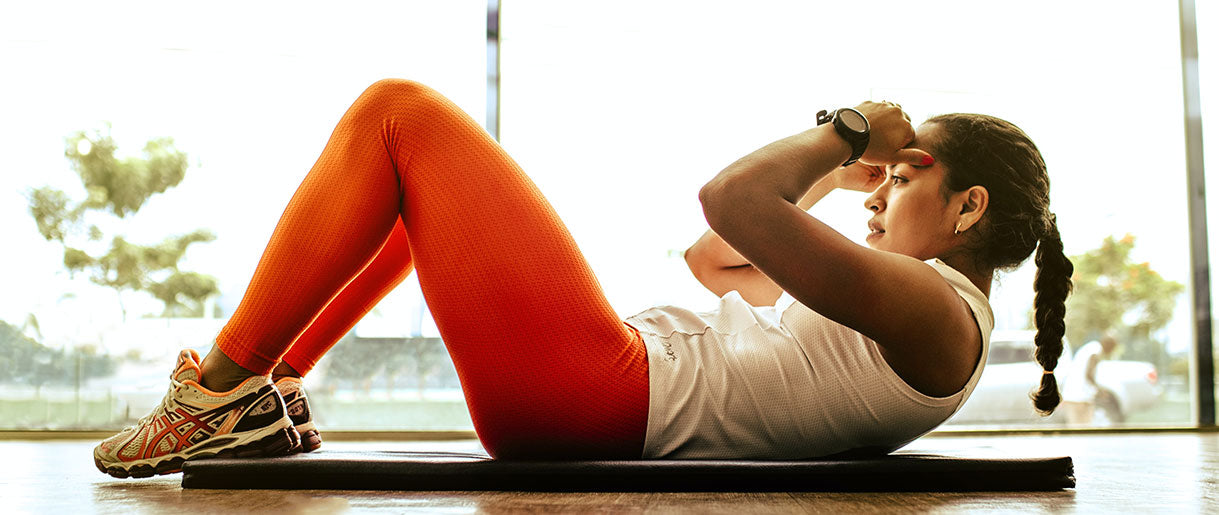
Energizing Exercises
Seeking ways on how to get natural energy without caffeine? The answer may lie in embracing the power of movement.
Regular exercise can be potent in breaking the vicious cycle of reaching for a cup of coffee or a sugary snack during the midday slump.
Let's explore some exercises to boost energy in the mornings and keep your energy flowing for added productivity throughout the day.
Morning Yoga

Starting your day with a session of morning yoga can be a great strategy on how to get energy in the morning without caffeine.
This exercise helps loosen stiff muscles and centers your mind, setting a calm yet energetic tone for the day ahead.
Incorporating yoga into your morning routine checklist can naturally boost your energy, giving you a fresh start every day.
Quick Workout Routines
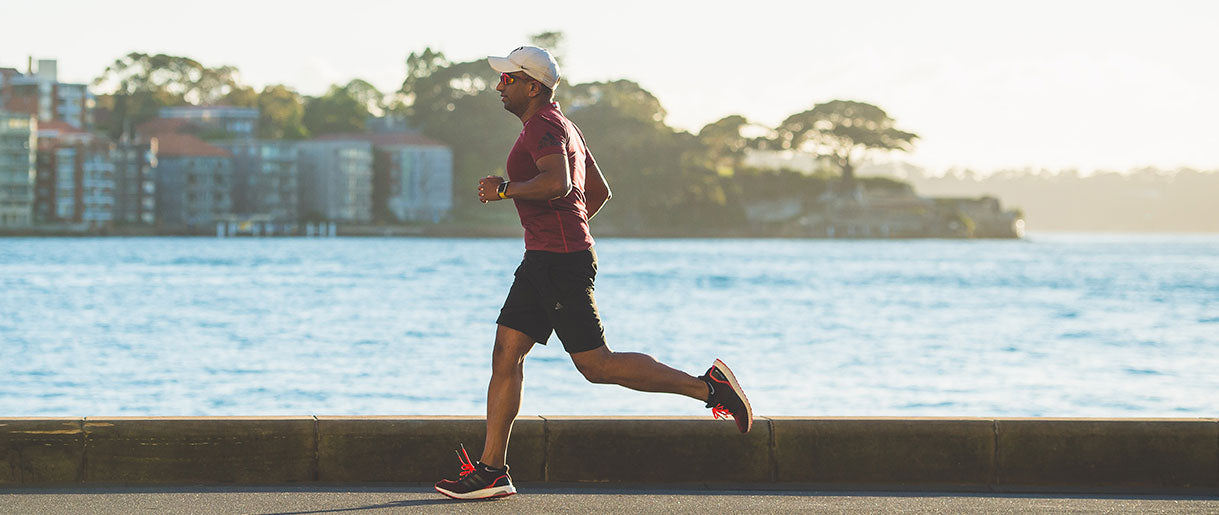
When you grapple with dwindling energy levels, opting for quick workout routines can be your savior.
A brief burst of physical activity, be it a set of jumping jacks or a quick jog, can work wonders in elevating your energy levels. This exercise reinvigorates your body, shaking off the lethargy and bringing a fresh surge of energy, proving to be a wholesome alternative to caffeine.
Breaks and Mini Workouts
In our quest to discover how to get more energy without caffeine, we must note that the small moments of physical activity we squeeze into our day can make a huge difference.
In this section, we'll explore how mini breaks and workouts can be a boon for those seeking ideas on how to get energy without caffeine.
Desk Exercises
If you find yourself tied to a desk most of the day, fear not, as desk exercises can be a quick solution for getting instant energy without caffeine.
Simple stretches or seated leg lifts can serve as a rejuvenating break, enhancing your focus and reviving your energy levels without stepping away from your workstation.
These small movements not only break the monotony but also contribute to keeping your energy levels steady throughout the day.
Walking Breaks

Never underestimate the power of a good walking break. Stepping away from work for a brief walk can improve your energy levels.
It aids in clearing your mind and helps you improve your focus and concentration, boosting your mood and rejuvenating your energy reserves.
Make it a habit to incorporate short walking breaks into your daily routine and witness a noticeable uplift in your energy and productivity levels.
3. Mindfulness and Mental Energy

Meditation and Breathing Exercises
In the hustle and bustle of modern life, carving out a space for mindfulness can act as a reservoir of mental energy, refueling us in the most wholesome way possible.
As we further understand the nuances of sustaining energy without relying on caffeine, meditation and breathing exercises emerge as powerful allies.
Let's explore their benefits and some simple techniques to get started.
Benefits
Engaging in meditation and mindful breathing exercises doesn't just nurture tranquility; it can be a powerful tool to revitalize your mind, offering a sanctuary of calm amidst a hectic day.
These practices enhance your mental clarity, foster a deeper connection with your inner self, and unlock mental energy that keeps you resilient throughout the day.
Moreover, regular practice can cultivate a heightened sense of awareness, assisting you in navigating your day with a composed and energized demeanor.
Simple Techniques to Start With

Focused Breathing
This is a foundational practice where you focus on your breath, inhaling deeply and exhaling slowly. It can be a quick yet effective retreat, helping you recalibrate and recharge your mental energy at any moment.
Guided Meditation
If you are new to meditation, starting with guided sessions can be a gentle introduction. These sessions often guide you through relaxing scenarios, helping to soothe your mind and rejuvenate your energy reserves.
Progressive Muscle Relaxation
This technique involves tensing and relaxing different muscle groups in the body. It's a great way to release physical tension and refresh your mind, bringing a newfound energy to tackle your day's tasks.
The Power of Positive Affirmations

In our journey of understanding how to foster enduring vitality, we cannot overlook the profound influence of our mental narratives. The daily scripts we recite to ourselves have the power to either sap our energy or fuel our zest for life.
Here, we dive into the world of positive affirmations, a potent tool to cultivate a vibrant and energized mindset every day.
Creating a Positive Mindset

Nurturing a positive mindset goes beyond mere optimistic thinking. It's about reshaping our mental landscape to be more conducive to energy, enthusiasm, and zest for life.
Incorporating positive affirmations into our daily routine serves as a gentle reminder to ourselves of our intrinsic value, capabilities, and the positive energies we harbor within.
By regularly affirming our strengths and virtues, we pave the way for a mental environment that fosters resilience, happiness, and a consistent flow of energy throughout the day.
Daily Affirmations
Implementing daily affirmations into your routine can be a transformative practice. It is akin to sowing seeds of positivity, which, over time, flourish into a garden of mental tranquility and energy. Here are a few affirmations to get you started:
- "I am full of vibrant energy and ready to face the day."
- "I am capable of achieving my goals with enthusiasm and joy."
- "I am resilient, strong, and brimming with life force."
- "I radiate positivity and attract good energies into my life."
Feel free to craft affirmations that resonate with you personally, addressing areas of your life where you seek to foster positivity and energy.
4. Creating an Energizing Environment

Light and Environment
As we forge ahead to cultivate vibrant lives free of caffeine dependency, we focus on the spaces we inhabit daily.
A fundamental yet often overlooked aspect of sustaining our vitality is the very environment we surround ourselves with. The interplay of light and the elements of our environment can serve as a perpetual energy source.
Let's delve into how to harness natural light's rejuvenating properties and plants' therapeutic essence to foster a continually energizing milieu.
Natural Light

There's something undeniably refreshing and invigorating about basking in natural light. It uplifts our spirit and is a natural stimulant for our body, enhancing our mood and alertness.
Ensuring your living and working spaces are bathed in ample natural light can be a simple yet transformative step towards cultivating a more energetic lifestyle.
Whether rearranging your furniture to maximize daylight exposure or adopting morning walks to soak in the early rays, integrating natural light into your daily routine can work wonders for your overall energy levels.
Plant Therapy

Incorporating greenery into your living spaces can do more than just enhance the aesthetic appeal. Plants act as natural air purifiers, creating a fresher, cleaner, and more oxygen-rich environment. Moreover, tending to plants can be a meditative practice, fostering a sense of peace and rejuvenation.
Soundscapes
The soundscapes we immerse ourselves in profoundly impact our mental states and energy levels.
Engaging with the right sounds can potently revitalize our minds and bodies, fostering a vibrant atmosphere that energizes us throughout the day.
Let's explore how integrating energizing music and nature sounds can create a soundscape serving as a natural energy reservoir.
Energizing Music
Music has the uncanny ability to reach deep into our souls, stirring emotions and invigorating our spirits. It can be a powerful ally in our journey towards fostering sustained energy.
By choosing music with upbeat rhythms, positive lyrics, and vibrant melodies, we set the stage for a day filled with zest and motivation. Consider creating playlists that resonate with you personally, comprising songs that ignite a spark of energy within you.
Nature Sounds
Alternatively, immersing yourself in the soothing embrace of nature sounds can be a tranquil method to replenish your mental energy.
The gentle murmur of a stream, the rustle of leaves, or the chirping of birds can create an auditory sanctuary where your mind finds peace and rejuvenation.
A powerful productivity hack, these sounds connect us with the rhythmic pulse of nature, offering a tranquil backdrop that fosters concentration and a serene mental space.
Integrating nature sounds into your daily routine, perhaps as a background, while working or meditating, can be a simple yet profound way to nurture a calm and energized state of being.
5. The Revitalizing Power of Restorative Sleep

In our quest to discover holistic ways on how to get energy without caffeine, we cannot overlook the foundational role of a good night's sleep. It serves as the cornerstone of achieving sustained energy and a vibrant life. Let's delve deeper into how optimizing your sleep patterns can be a gateway to unparalleled natural energy and vitality.
Harnessing the Benefits of a Good Night's Sleep
Sleep isn't merely a time of rest; it's a period of restoration where our bodies and minds undergo a rejuvenating process.
Securing a consistent good night's sleep should be a non-negotiable aspect of your wellness routine. This precious time allows your body to repair and renew, preparing you to face the new day with zest and enthusiasm.
When well-rested, we find ourselves more alert, focused, and ready to embrace the day with a surge of natural energy.
The Power Nap: A Secret Weapon

In addition to nightly rest, do not underestimate the revitalizing potential of a power nap. Sometimes, it takes a brief respite to recharge your batteries and regain your energy levels.
A power nap can be an ideal solution to combat afternoon slumps, providing a quick energy boost that revitalizes your senses and sharpens your focus.
By allowing yourself this short rest period, you can navigate your day with sustained energy and a clear mind, avoiding the pitfalls of caffeine reliance.
Tips for Achieving the Best Sleep
To get the best sleep possible, consider incorporating practices like maintaining a regular sleep schedule, creating a tranquil bedroom environment, and avoiding screens before bedtime.
These strategies foster a sleep-friendly environment, setting the stage for deep, restorative slumbers that fuel your natural energy reservoirs.
FAQs About How to Get Energy Without Caffeine
Why Do I Feel So Tired Without Caffeine?
There are several reasons why you might be feeling tired without caffeine. It could be related to your sleep patterns, diet, or overall physical activity level. Stress and mental health issues can also affect your energy levels.
Identifying the underlying cause of your fatigue is essential, as relying on caffeine to mask the problem can lead to long-term health issues.
By addressing the root cause of your fatigue, you can take steps to boost your energy levels naturally and without relying on coffee beans, espresso, or other sources of caffeine.
How Can I Increase My Energy Level Quickly?
There are many ways to increase your energy levels quickly without relying on caffeine or other stimulants. One of the simplest ways is to get up and move your body. For example, take a brisk walk, do some jumping jacks, or stretch your muscles to get your blood flowing and increase oxygen delivery to your brain.
Drinking water can also help, as dehydration can cause fatigue. Eating a balanced diet with plenty of whole foods and avoiding sugar crashes can also help maintain steady energy levels throughout the day.
What Food Gives The Most Energy?
Some foods provide more energy than others, and consuming the right food is essential to maintain optimal energy levels. Carbohydrates are the body's primary energy source, and foods like bread, pasta, and rice are good sources of complex carbohydrates.
Fruits like bananas, apples, and oranges are rich in natural sugars and provide a quick energy boost. Proteins are also essential for energy; foods like lean meats, eggs, and beans are great protein sources. Additionally, healthy fats like those found in nuts, seeds, and avocados can also provide a slow and sustained release of energy throughout the day.
Key Takeaways
Caffeine may be beneficial when taken in moderation. However, when you start depending on caffeine consumption for energy, it can complicate your life due to caffeine crashes and the risk of dependency.
Fortunately, you can give your body the best chance to have enduring and sustainable energy throughout the day without turning to caffeine by developing good sleeping habits, eating healthy foods, exercising, improving your surroundings, using positive affirmations, and staying hydrated.
However, while fatigue during the day is normal, you may want to talk to your doctor if it persists. If taking a break from tasks and doing the things we have suggested above does not boost your energy levels, your doctor may help you address the root cause of your fatigue.
How do you deal with an energy dip during the day? Have you found some tricks that work better than those we have listed above? Please share with us in the comment section.
References
- Circadian rhythms and meal timing: impact on energy balance and body weight, (1), https://www.ncbi.nlm.nih.gov/pmc/articles/PMC7997809/
- Effects of caffeine on sleep quality and daytime functioning, (2), https://www.ncbi.nlm.nih.gov/pmc/articles/PMC6292246/
- Regular Caffeine Intake Delays REM Sleep Promotion and Attenuates Sleep Quality in Healthy Men, (3), https://journals.sagepub.com/doi/10.1177/07487304211013995
- Caffeine consumption and self-assessed stress, anxiety, and depression in secondary school children, (4), https://www.ncbi.nlm.nih.gov/pmc/articles/PMC4668773/
- Caffeine Use Disorder: A Comprehensive Review and Research Agenda, (5), https://www.ncbi.nlm.nih.gov/pmc/articles/PMC3777290/
- Physiology, Carbohydrates, (6), https://www.ncbi.nlm.nih.gov/books/NBK459280/










Let Us Know Your Comments